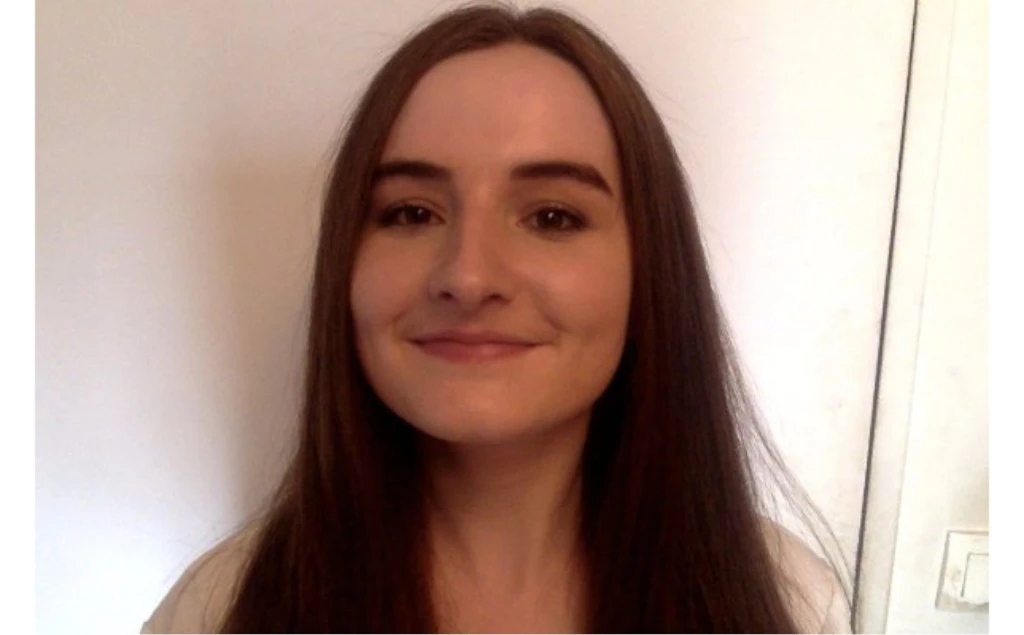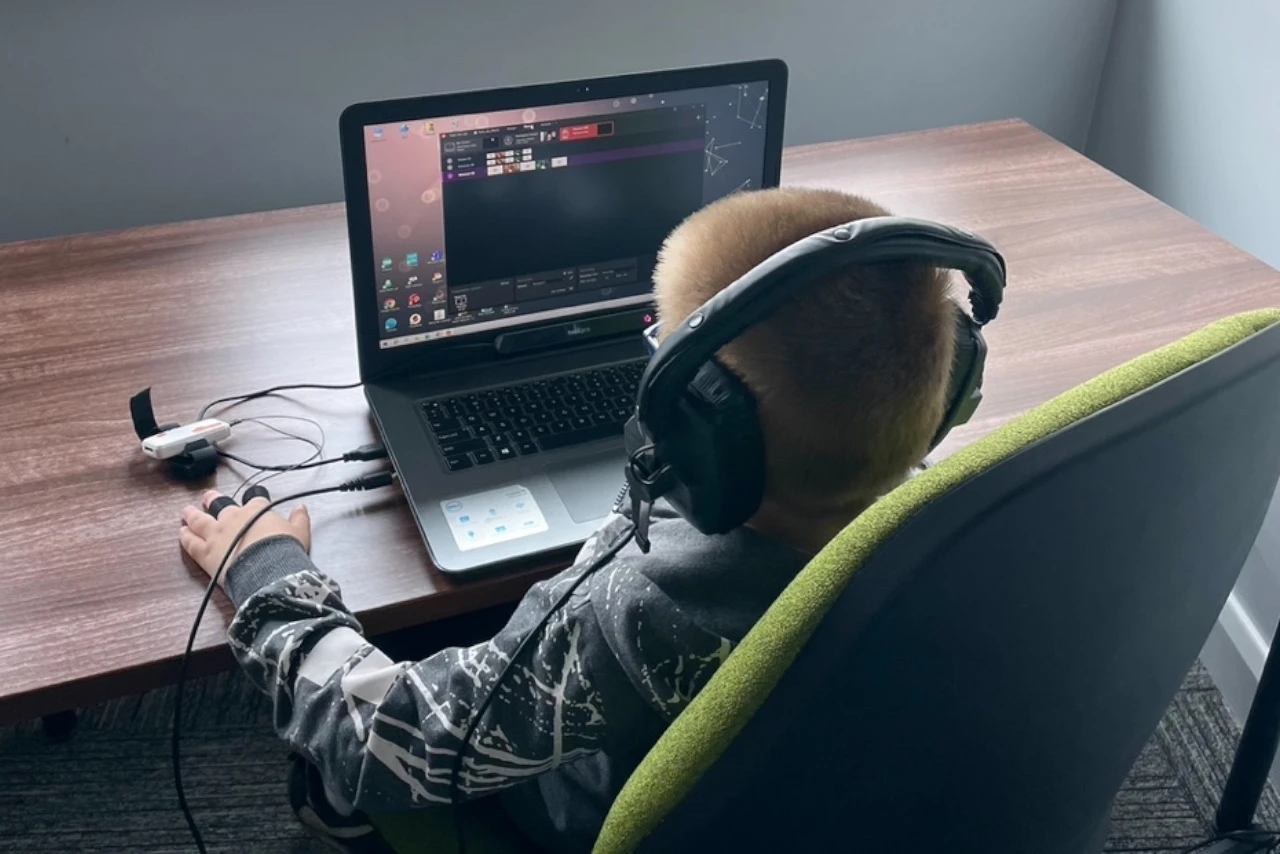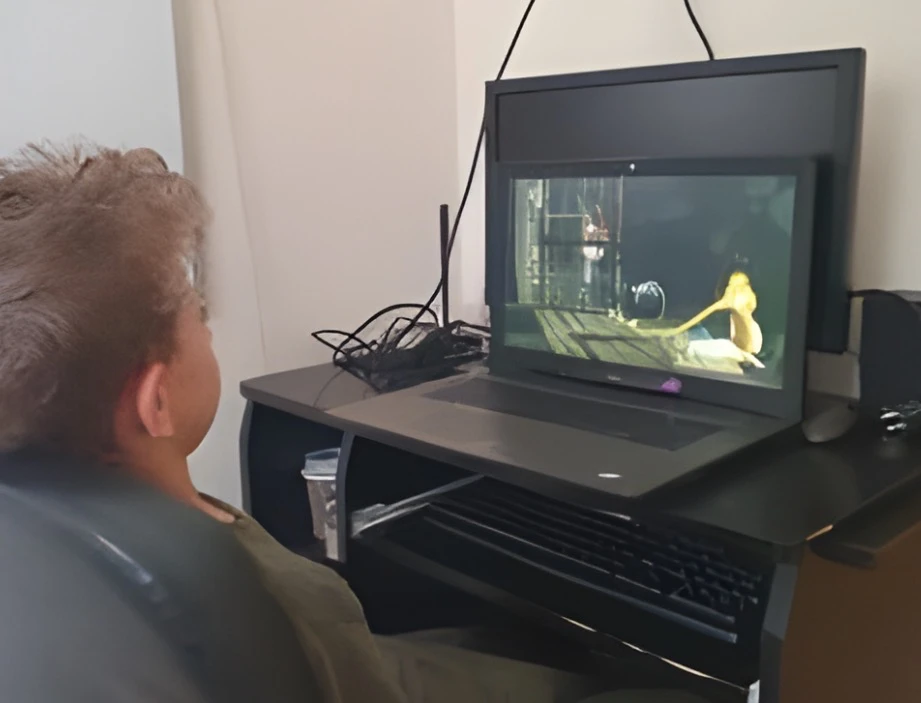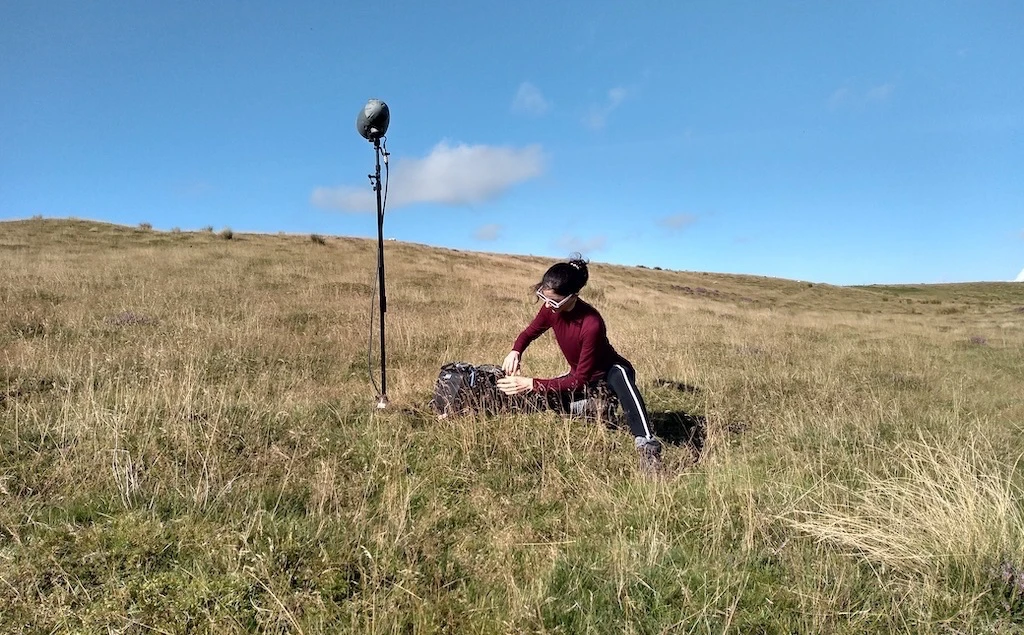How did you first become interested in accessibility?
I first became interested in accessibility through my research on audio description as part of my Masters dissertation. I initially approached my research from a technical perspective, examining how film sound is produced and manipulated to create rich and complex soundscapes. However, as I researched the topic in more detail I became aware of the important social aspect of audio description as an accessible tool for people with varying visual abilities. Furthermore, through my research and collaboration with my supervisor Dr Sarah Eardley-Weaver I became aware of the important social dimensions of accessibility as a fundamental human right that is for everyone regardless of their sensory abilities.
What surprised you most in your work practice?
I was most surprised by the lack of awareness of the importance of accessibility provisions in general. This lack of awareness has both cultural and social implications that are detrimental to the implementation of the legal and social requirements of accessibility provisions in line with both UN and EU legislation governing accessibility. Accessible services such as audio description, subtitles, subtitles are now more relevant than ever as our ageing society becomes increasingly affected by sight and hearing loss.
Are there any restrictions or boundaries you (have to) abide by?
I have to adhere to the rules and regulations set by my University regarding the timeframe for the completion of my project, as well as, the ethical regulations governing the upcoming reception study.
What do you hope to achieve through your work?
My priority as a researcher is to address the need for more accessible provisions and promote more inclusive design that caters to people of varying sensory abilities. As part of my work for the Prisons Memory Archive, I have worked on an audio description which caters to both sighted and blind and partially sighted people. Inclusion is paramount to raise awareness of the issues faced by people with varying sensory abilities as well as promote and foster social cohesion.
Can you tell us a little about you forthcoming projects (related to accessibility)?
My PhD project investigates the role of voice in audio description. I am interested in how the vocal delivery and word choice affect the reception of audio-described clips taken from the Prisons Memory Archive.
The Prisons Memory Archive is a collection of filmed interviews and walking tours of the Maze Prison and Armagh Gaol with those who had a connection with these places during the armed conflict in Northern Ireland. My work is focused primarily on the video tours of the Maze Prison. I will provide the audio description for these walking tours which will form an integral part of my upcoming reception study.
Given the sensitive nature of the source material, the delivery and word choice of the audio description has an added significance in regards to an audience reception study in Northern Ireland. By collaborating closely with the director and production team, I expect to be able to produce an audio description which is sympathetic to the source material as well as test out an alternative approach to description which takes into account the vocal delivery of the description.
Sarah took part in our conference in 2017.




